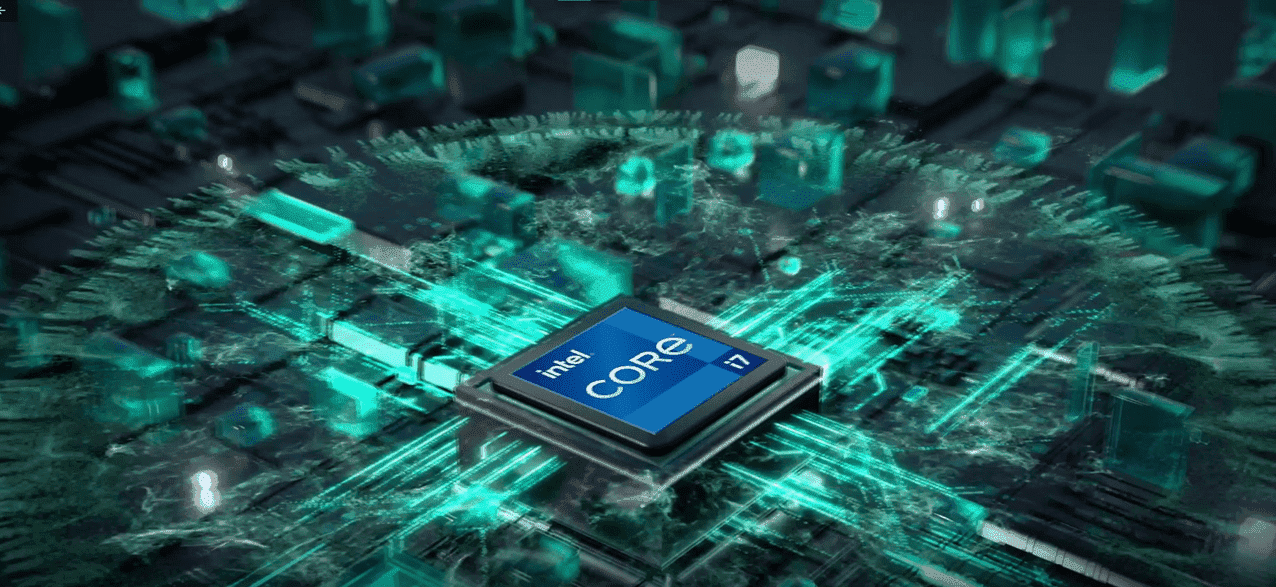When we focus on new-generation laptop processors, there will be upgraded cores and clock speeds. But the critical difference is realized during a seamless multitasking experience, advanced responsiveness, better connectivity, and superior graphics performances.
Generally speaking, the higher the
generation, the better the processor, and most new-generation processors boast enhanced connectivity, graphics, faster performance, and even AI capabilities. In addition to performance-oriented enhancements, newer processors are incredibly thin, allowing HP to design thinner, lighter, and more efficient and powerful laptops.
High-end laptop processors also support multi-threading to enable better productivity by ensuring its cores operate efficiently at all times. This is a critical feature for programmers, as it allows them to help reduce the compilation time and rendering.
Another feature is TurboBoost, a premium feature that enables high-end processors to achieve higher core speeds, but it might come at the cost of higher battery consumption. With each iteration of the processors, it is evident that there is a significant improvement in the overall performance of the laptop processors. For instance, you can check the Turbo clock speeds of the 11th generation Intel® Core™ Processors, which indicate the number of operations a processor can run every second.
Finally, we have virtualization as one key differentiator in modern processors, which allows working with multiple operating systems efficiently.
Considering that processors by Intel are the most widely used today, the
Intel Core family of processors include i3, i5, i7, and i9. While the Intel Core i3 processor is suitable for everyday tasks, the i5 processors consist of 14 cores that deliver exceptional performance for business, including gaming, creative and multimedia activities. Likewise, i7 processors have 16 cores that are best suited for accelerating computing tasks and high-end gaming and security. Lastly, i9 processors, with a staggering 24 cores, can stream 4K Ultra High Definition (UHD) videos, and deliver a superior gameplay and multitasking experience.




